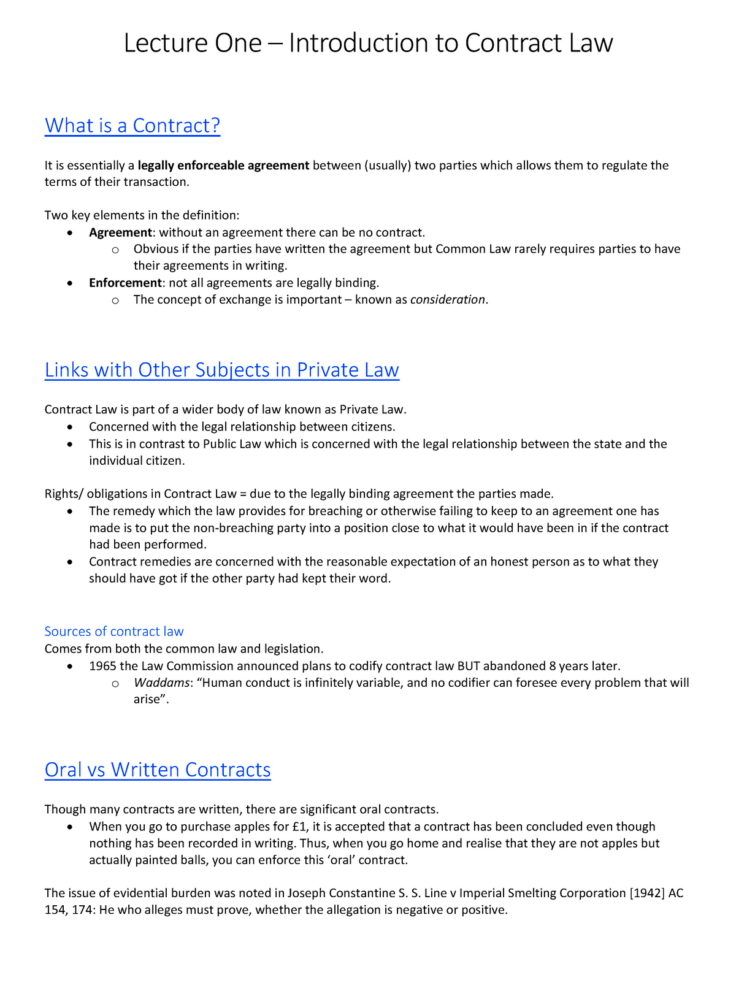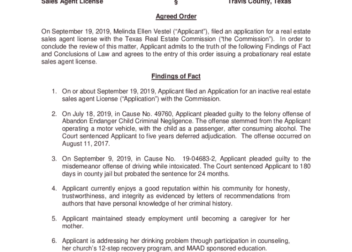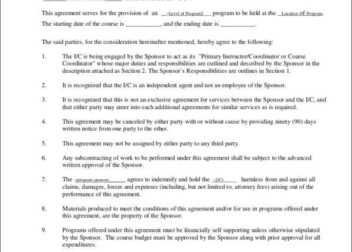Arizona Contract Law Key Points to Remember
Grasping the nuances of Arizona contract law is essential for anyone entering into business or personal dealings in the state. Contracts serve as the foundation of various legal connections ranging from real estate deals to job contracts. In Arizona like in other places the legal system upholds the enforcement of contracts and offers remedies for breaches. Looking back on my experiences I remember an instance where a contract resulted in a messy conflict. If the terms had been clearer and more comprehensible it could have spared us that headache.
In Arizona contract law is mainly regulated by the Arizona Revised Statutes specifically Title 44 that deals with transactions. Contracts need to comply with state and federal laws. Its worth noting that Arizona follows common law principles when it comes to forming contracts. This means that many rules are based on court rulings throughout history.
Through my experience I’ve witnessed the impact that careful attention to detail in drafting and comprehending contract terms can have. It’s crucial for contracts to be articulated with all terms and responsibilities clearly outlined. Additionally it’s important to mention that although verbal contracts are acknowledged they can be difficult to uphold particularly in situations. Therefore it’s always wiser to have matters documented in writing.
Essential Elements of a Valid Contract in Arizona
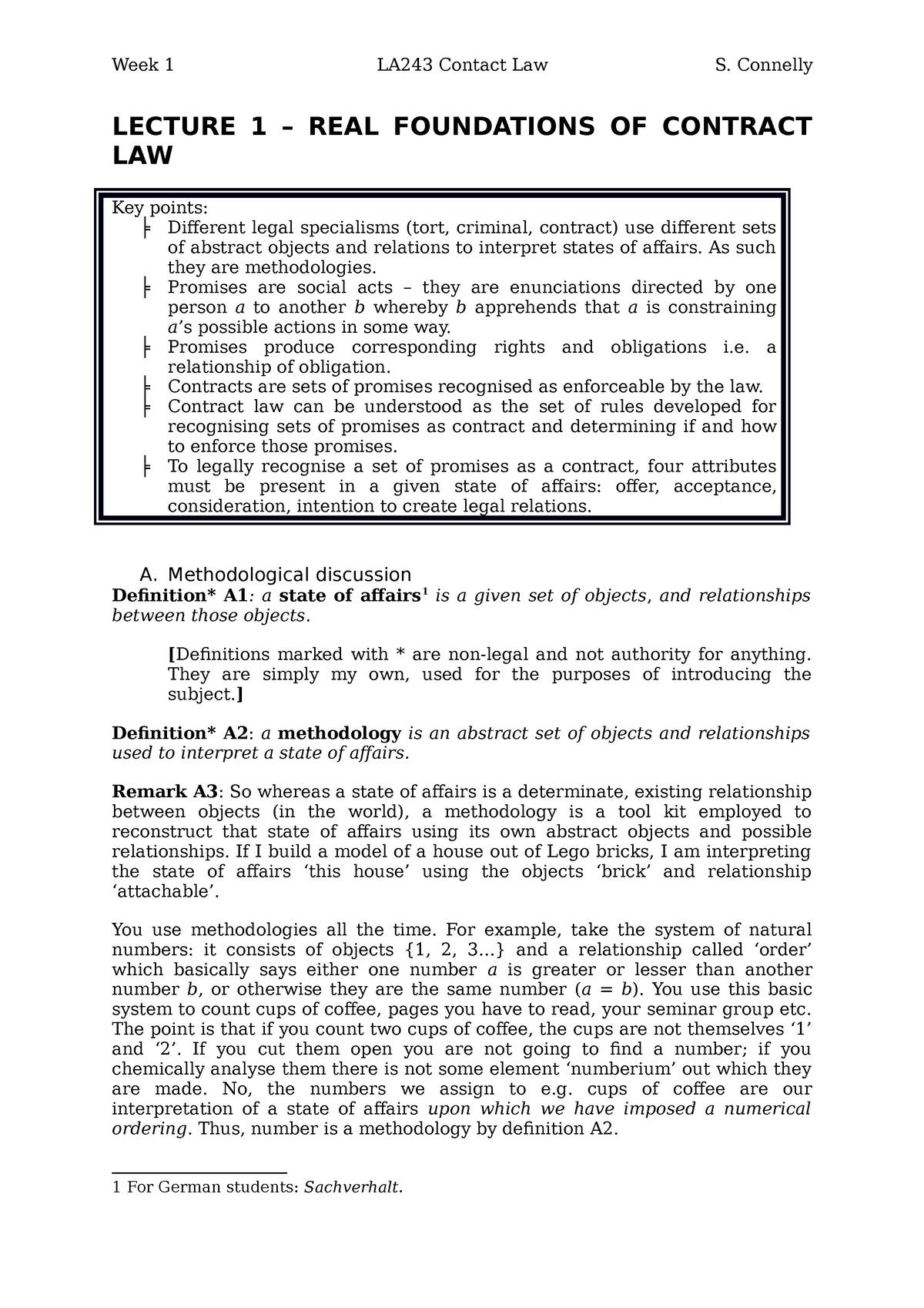
To ensure a contract is deemed valid and enforceable in Arizona it should include key components. Based on my experiences I’ve noticed that neglecting these essentials can result in conflicts and agreements that cant be upheld. Here’s a summary of the necessary elements you should include;
- Offer and Acceptance: There must be a clear offer by one party and acceptance by another. The terms should be specific enough to be enforceable. A vague agreement can lead to misunderstandings.
- Consideration: This refers to something of value exchanged between the parties. It could be money, services, or goods. Without consideration, a contract is generally not enforceable.
- Mutual Assent: Both parties must agree on the terms of the contract. This is often demonstrated through a written agreement or verbal confirmation.
- Capacity: The parties must have the legal capacity to enter into a contract. This means they are of sound mind and legal age. Contracts with minors or those lacking mental capacity may be void or voidable.
- Legality: The contract’s purpose must be legal. Agreements to perform illegal activities are not enforceable.
Throughout my professional journey, I’ve witnessed agreements crumble due to the absence or misinterpretation of one of these aspects. It’s wise to review these elements thoroughly to ensure that your contract holds strong in a legal setting.
Common Types of Contracts in Arizona
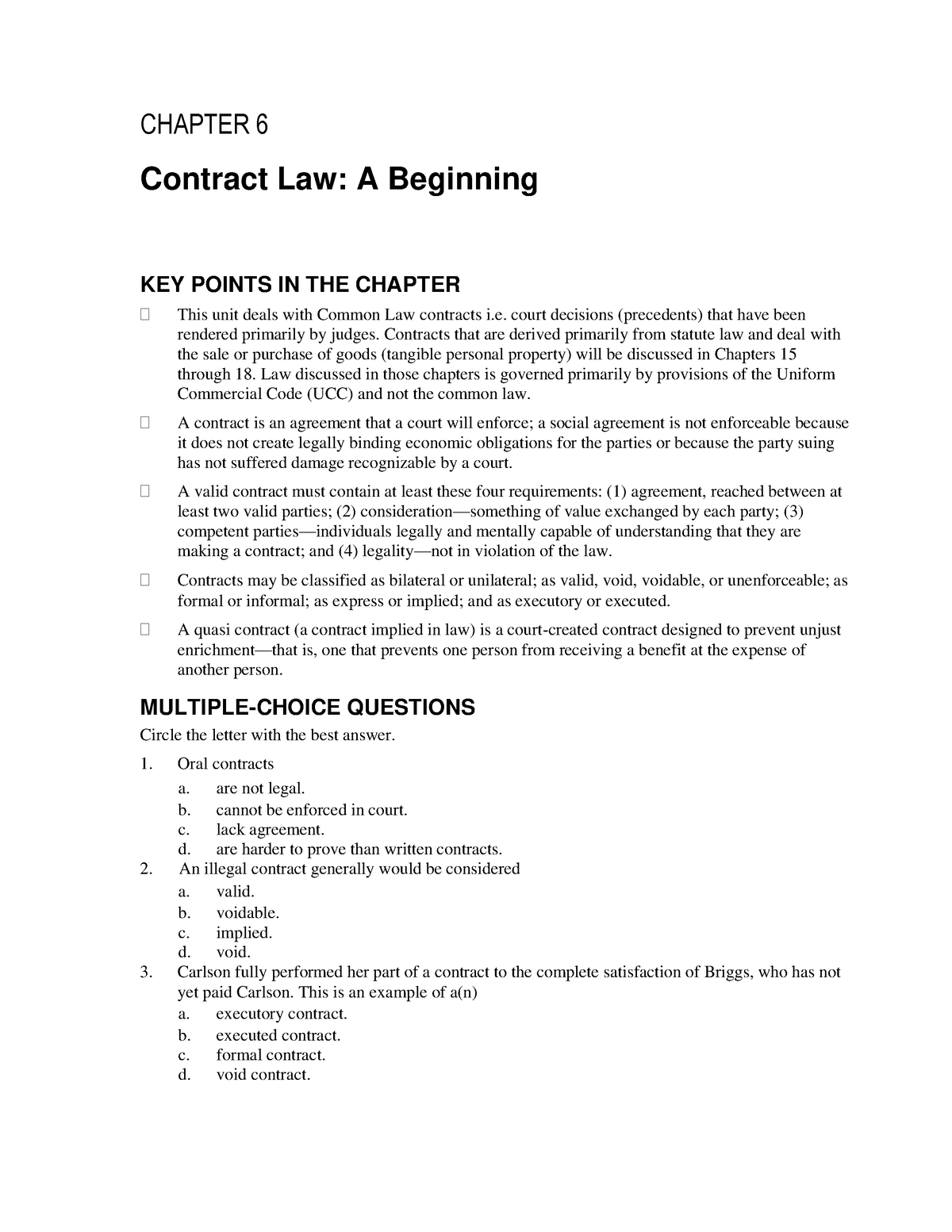
The legal scene in Arizona includes various types of contracts, each tailored for specific circumstances. Drawing from my experiences here are a few contracts that are frequently encountered along with their applications.
- Real Estate Contracts: These include purchase agreements, lease agreements, and property management contracts. They often require specific terms regarding property conditions, payment schedules, and legal obligations.
- Employment Contracts: Used to outline the terms of employment, including job duties, salary, and benefits. They may also cover non-compete clauses and termination conditions.
- Service Contracts: These are agreements for services rendered, such as consulting, repair work, or professional services. They detail the scope of work, payment terms, and deadlines.
- Sales Contracts: Typically used in transactions involving goods, these contracts specify the price, quantity, and delivery terms. They are essential for clarity in sales agreements.
- Business Contracts: Include partnership agreements, franchise agreements, and confidentiality agreements. These documents are crucial for defining roles, responsibilities, and business operations.
Different contracts have different functions and come with specific criteria and recommended approaches. I suggest taking the time to create and examine these agreements to make sure they adhere to all legal requirements and truly represent your intentions. I’ve witnessed how well crafted contracts can avoid conflicts and facilitate smoother dealings.
Contract Enforcement and Breach of Contract
Contracts hold significance beyond being mere documents; they embody shared commitments and anticipations. Upholding these commitments in Arizona is vital for fostering trust and maintaining societal harmony. Through my experiences I’ve witnessed how conflicts can emerge when a party falls short in fulfilling their contractual responsibilities. Grasping the nuances of enforcement can assist in averting such challenges.
In Arizona when one party fails to uphold their obligations under a contract the other party has various ways to seek enforcement.
- Legal Action: Filing a lawsuit in court is a common route. The court can order remedies like damages or specific performance. However, court proceedings can be time-consuming and costly.
- Damages: This is the most common remedy. It involves compensating the injured party for losses incurred due to the breach. Damages can be compensatory, punitive, or nominal, depending on the case.
- Specific Performance: In some cases, the court may order the breaching party to fulfill their contractual obligations, especially if damages are not an adequate remedy.
- Rescission: This involves canceling the contract and relieving both parties from their obligations. It’s typically used when a contract is found to be void or voidable.
In my view dealing with breaches promptly and knowing your legal choices can prevent a lot of headaches. It’s crucial to keep records of everything and consult a lawyer if you encounter a breach. This ensures that you can uphold your contract and regain any damages incurred.
Contract Dispute Resolution Options
Conflicts are a part of agreements, but the way you handle them can have an impact. Arizona provides various ways to settle contract disputes, each with its own benefits. I’ve encountered many of these approaches throughout my journey and here’s a brief overview of what you should be aware of.
- Mediation: This is a collaborative process where a neutral third party helps the disputing parties reach a mutual agreement. Mediation is often quicker and less formal than court proceedings, and it can preserve business relationships.
- Arbitration: In arbitration, a neutral third party (the arbitrator) makes a binding decision on the dispute. It’s more formal than mediation but generally faster and less expensive than litigation.
- Litigation: This involves taking the dispute to court. It’s a formal process where a judge or jury makes a binding decision. While it’s often the last resort due to its complexity and cost, it provides a clear resolution if other methods fail.
- Negotiation: Sometimes, direct negotiation between the parties can resolve the dispute without third-party intervention. This method requires good faith and effective communication.
Based on what I’ve seen mediation and arbitration typically result in quicker outcomes and reduced hostility. It’s crucial to select the approach that aligns with your circumstances and to enter the process ready to find common ground. Resolving conflicts can be a way to preserve time, resources and connections.
Specific Performance and Remedies in Arizona
When a contract is broken the options for remedies in Arizona differ based on the type of breach and the details involved. One of the remedies that is often taken into account is specific performance. In my experience I’ve witnessed how this remedy can be impactful yet intricate.
Specific Performance is a remedy where the court orders the breaching party to perform their obligations as outlined in the contract. This is often used when monetary damages would not be sufficient to remedy the breach, particularly in cases involving unique goods or property.
Here are some important aspects regarding performance and alternative remedies
- When Specific Performance is Used: This remedy is typically applied in cases involving unique items such as real estate or rare collectibles. It’s not generally used for personal service contracts or when damages would suffice.
- Limitations: Courts are cautious in ordering specific performance because it can be difficult to enforce and might lead to unfair outcomes. The remedy is not available if the contract terms are not clear or if it would be impractical to enforce.
- Other Remedies: In addition to specific performance, other remedies include:
- Compensatory Damages: To cover direct losses from the breach.
- Punitive Damages: To punish the breaching party, although these are rare in contract cases.
- Consequential Damages: To cover indirect losses that result from the breach.
In my work, I’ve noticed that finding the solution often hinges on the details of the case and the requirements of those involved. Seeking advice from a lawyer is crucial to identify the best approach tailored to your circumstances.
Contract Modifications and Terminations
Contracts are not rigid; they often require tweaks in response to shifting situations. Throughout my experience as a lawyer I have witnessed the necessity and intricacy of modifying or terminating contracts. Knowing the correct protocols can help avoid misinterpretations and conflicts.
Contract Modifications occur when the parties involved agree to change the terms of the existing agreement. Here’s what you need to know:
- Mutual Consent: Both parties must agree to the changes. It’s essential to document these changes in writing to ensure they are enforceable.
- Consideration: For modifications to be valid, there must be new consideration – something of value exchanged for the changes. Simply agreeing to a change without additional consideration may not be enforceable.
- Written Amendments: While verbal modifications are possible, written amendments provide clear evidence of the agreed changes and are often more reliable.
Contract Terminations can be necessary if the contract is no longer viable or if one party wishes to end the agreement. Here are common methods of termination:
- Mutual Agreement: Both parties agree to terminate the contract. This is the most straightforward method and should be documented formally.
- Termination for Breach: If one party fails to meet their obligations, the other party may terminate the contract. This often involves a formal notice and may require proof of breach.
- Termination by Law: Certain contracts may be terminated if they are deemed illegal or impossible to perform. This is typically guided by statutory provisions.
From what I’ve seen effective communication and thorough record keeping play a role in making changes or ending agreements smoothly. Without these you could run into unnecessary challenges and potential legal problems.
Legal Requirements for Certain Contracts
Contracts in Arizona aren’t all the same. Some have to meet legal standards. It’s important to understand these rules to make sure your contract is valid and follows the law. In my experience I’ve noticed that these rules can differ depending on the kind of contract involved.
Here is a summary of the legal obligations for various contract types.
- Real Estate Contracts: Must be in writing to be enforceable. These contracts often require specific disclosures and follow statutory formalities, especially for residential transactions.
- Employment Contracts: Must comply with state and federal labor laws. This includes fair wage requirements, non-discrimination policies, and clear terms regarding termination and benefits.
- Consumer Contracts: Subject to protections under consumer protection laws. These laws mandate clear disclosures, fair terms, and may include cooling-off periods for certain transactions.
- Business Contracts: Business agreements may need to comply with additional regulations, including those related to business licensing, franchising laws, and trade practices.
I think that grasping these obligations can aid in avoiding legal troubles and ensuring that your agreement holds up in a courtroom. Its wise to seek advice from an expert to go over the details of the contract.
Frequently Asked Questions
Contracts can be complex and it’s not uncommon to have questions. Drawing from my experience, here are some inquiries that come up regarding contract law in Arizona.
- What if a contract is not in writing? While oral contracts are legally binding in Arizona, proving their terms and existence can be challenging. It’s always best to put agreements in writing.
- Can a contract be modified verbally? Yes, but it’s advisable to document modifications in writing to avoid disputes and ensure clarity.
- What happens if a contract is breached? The non-breaching party may seek remedies such as damages, specific performance, or rescission, depending on the breach’s nature and impact.
- Are there contracts that don’t need legal formalities? Some simple contracts may not need specific formalities, but many, such as real estate agreements, do. Always check the requirements for your specific contract.
Based on what I’ve seen having a grasp of the situation and getting legal counsel can assist in addressing these issues and ensuring a seamless process when it comes to contracts. Being well informed and ready is always a good approach.
Conclusion
Dealing with the intricacies of contract law in Arizona can be challenging, but grasping the fundamentals can make things much easier. Drawing from my experiences I’ve witnessed how clear contracts and thoughtful changes can preserve time, resources and personal connections. Whether you’re creating, altering or upholding a contract remembering these crucial aspects will assist you in navigating your legal responsibilities, smoothly.
Keep in mind that a strong contract is built on transparent, shared understanding and clearly outlined terms. If you find yourself unsure seeking guidance can help clarify things and ensure your agreements hold up legally. In my experience tackling these matters early on has often averted bigger conflicts and legal issues later on.
